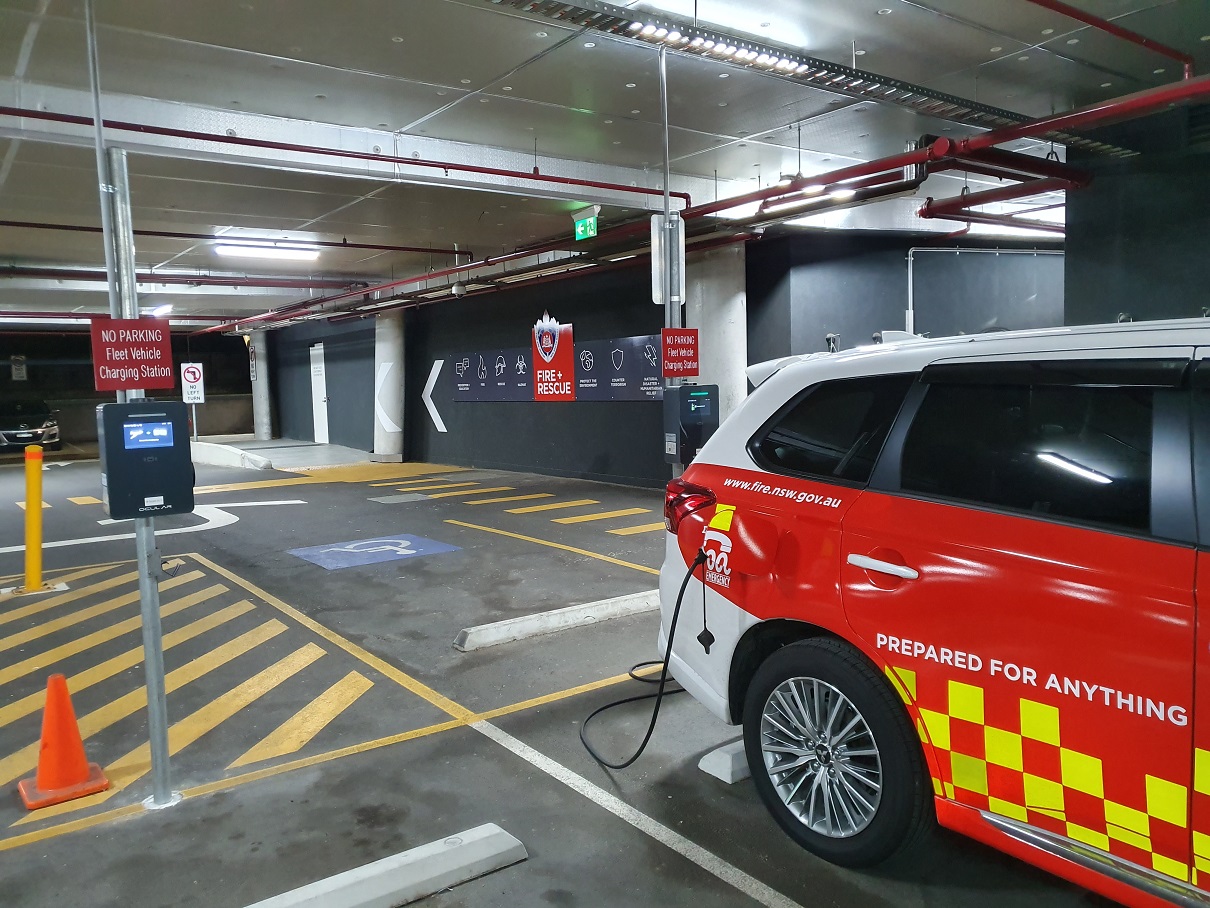Business Owners: What Public EV Charging Station Should You Get?

The complete guide on getting the perfect charger for your business
Unsure about what EV charging station you should get your business? Or if you even need one at all?
We’ve got a comprehensive guide for you!
When deciding on an EV charger, you need to consider the use case for the charger. That means thinking about how often customers will use it, how long they’ll use it for, and what sort of EVs are being used. You’ll also need to consider your own budget, along with what your building’s electrical infrastructure can support.
Generally, locations with longer dwell times (how long people leave their car stationary) indicate solutions with slower charge rates. That’s because EV drivers have plenty of time to charge their car up throughout the day in the case of their workplace providing employees with charging stations.
On the flip side, locations where customers stop for less than 30 minutes, you might want to look at some rapid charging stations. These are usually DC chargers, and can fully recharge most EVs in less than an hour.
Then, you’ll need to decide if you want to bill customers for using the chargers or not. To do that, you’ll need intelligent chargers that use Open Charge Point Protocol (OCPP) to undertake smart actions. This usually means a mobile app or platform allows people to pay for charging via their phone, avoiding the need for credit cards while still ensuring the ChargePoint owner has their costs recouped.
On the other hand, business owners can offer free charging to attract EV drivers to their location in the hopes they might spend more on the business itself. This is most likely going to be more effective if the charging is minimal and in areas with other charging locations to compete with. However, operating EV chargers as simple plug-and-play does remove ongoing software costs from the equation, which could also be the answer for some business owners with personal preferences against such subscriptions.
At EVSE we generally always recommend smart charging for a multitude of reasons:
Billing For Use
As mentioned, smart chargers use OCPP to bill customers for energy use and can support the maintenance of the chargers.
Control & Analytics
OCPP allows for ChargePoint owners to start, stop, and monitor their public chargers. This gives them ultimate control over how their ChargePoint is used, compared to a non-OCPP solution which could have anyone using their charger as they see fit.
Load Management
Perhaps the most important factor for many businesses is the ability to manage the energy being drawn to each of their chargers. OCPP allows these chargers to communicate with each other and the electrical infrastructure of a building and, in turn, adjust their charge rates independently in order to not exceed the building limit. This stops them from tripping their electricity supply and keeps the building safe while avoiding nuisance tripping and resultant downtime.
Considering all of that, you probably have a pretty good idea of your requirements and how you might want your public EV chargers to look now. To keep you on track, we’ve got a brief list of some of our recommended public chargers below!
Ocular IQ Wallbox
The Ocular IQ Wallbox serves as a stylish option for public charging and headlines our new Ocular brand. Best suited for light commercial applications, it’s fully OCPP-enabled and allows owners to bill, monitor, and control charging from an OCPP platform.
Ocular IQ Commercial
A robust and sturdy solution for heavy-use public charging. Equipped with OCPP, the Ocular IQ Commercial range will allow complete control of chargers across billing, monitoring, and controlling. Best suited for locations where the charger is set to be heavily used from a wide range of EVs.
Ocular IQ Tower
In a useful extension to the IQ Commercial range, the Ocular IQ Tower supplies dual charging as a cost-effective solution to simply installing two wall-mounted units on a post. Like the Ocular IQ Commercial, it’s a robust solution built to withstand heavy usage from a wide range of EVs without hassle.
Ocular DC Charging
Rounding out our public charging options are the DC chargers. These are truly the beasts, being able to bypass the onboard charger of an EV to achieve rapid speeds, hence their colloquial industry term of “Rapid Chargers”. You’ll be set back a significant amount for one of these units, with most starting at over $30,000 and jumping much higher than that for quicker speeds.
You’ll truly be a beacon for EV drivers with one of these, but thinking back to earlier – you’ll want to make sure your customers are quickly stopping over rather than sitting at these chargers for long periods. When we have business owners consulting with us on a suitable charger, we often ask them this question – would you rather have one DC charger or 10+ AC chargers that still deliver a fast charge rate? They usually end up choosing the cheaper option as a better fit!
To explore the key revenue models, profit and return on investment of public charging deployment, download our Public Charging Whitepaper here.
Have more questions? Get in touch with us on 1300 406 210 or [email protected] today!


